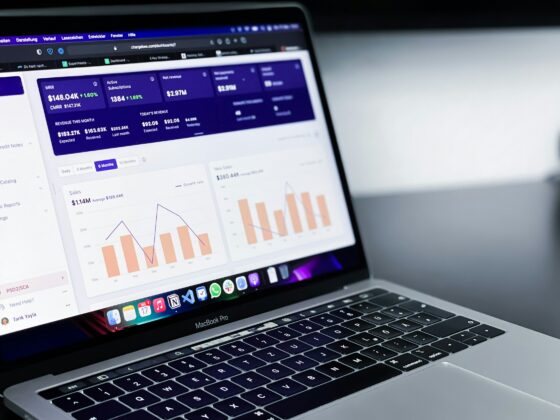
Mobile Payment Integration
Mobile payment platforms are another fintech solution breaking into the hospitality industry, enabling guests to manage and pay for their entire stay via a single app. These integrated systems streamline processes from booking to checkout and offer convenience through tokenized transactions. However, they can also lead to higher fees, with options like BNPL resulting in costs up to 7% per transaction.
Hotel chains like IHG and Marriott have developed branded apps that integrate payment systems, allowing guests to handle all financial transactions through their smartphones, minimizing physical interactions and paperwork. Convenience is key in hospitality and with mobile options, hotels can curate a more personalized and controlled guest experience. These mobile platforms also support various payment methods, including debit and credit cards, PayPal, and BNPL options like Klarna and Afterpay, catering to diverse preferences.
By accepting digital wallets like PayPal and Venmo, hotels can appeal to tech-savvy travelers, particularly millennials and Gen Z, who increasingly favor digital payment methods.
Enhanced Security and Fraud Prevention
Enhanced security is a large driving factor in fintech adoption. For hotels and hospitality chains that handle the exchange of customer data, fraud prevention and security are a top priority. 3D Secure (3DS) plays a major role in eliminating disputes and chargebacks for the hospitality industry. 3DS is an authentication method that provides an additional layer of authentication for credit card transactions, where customers are required to authenticate their payment with a password or biometrics.
Advanced payment systems such as pre-authorization and deposit systems, self-service kiosks, and more, are often equipped with robust security features such as encryption, tokenization, and sometimes biometric authentication. These features help protect guests’ financial information from potential fraud and data breaches. Hotels are also integrating AI into various stages of the payment process such as transaction monitoring. Sophisticated AI algorithms can analyze guests’ transaction patterns to detect unusual or suspicious activities that might indicate a fraudulent transaction.
By leveraging secure payment gateways and compliance with industry standards, hotels can ensure that guests’ transactions are processed safely and securely. This builds trust and confidence, which is crucial for maintaining high levels of guest satisfaction and loyalty.
Personalized Offers and Rewards
Through data analytics and machine learning, hotels can analyze guests’ spending habits and preferences to offer tailored promotions and rewards. For instance, guests who frequently use certain payment methods or loyalty programs might receive personalized discounts or exclusive offers.
These targeted incentives not only enhance the guest experience but also encourage repeat business and brand loyalty. By integrating fintech solutions that track and analyze customer behavior, hotels can create more meaningful and personalized brand interactions.
The integration of these fintech tools, systems, and technologies into the hospitality industry represents a significant leap forward in enhancing guest experiences and merchant experiences. From contactless payments and mobile banking to advanced security and personalized offers, fintech is transforming traditional payment processes and introducing new levels of convenience, efficiency, and personalization.
As the industry continues to evolve, embracing these technological advancements will be crucial for hospitality businesses aiming to stay ahead of the curve and exceed guest expectations. By leveraging fintech innovations, hotels and restaurants can turn good experiences into great ones, making certain that every guest interaction is memorable, seamless, and satisfying.








